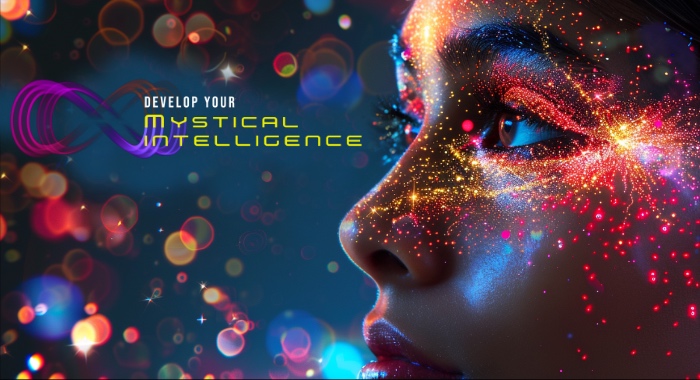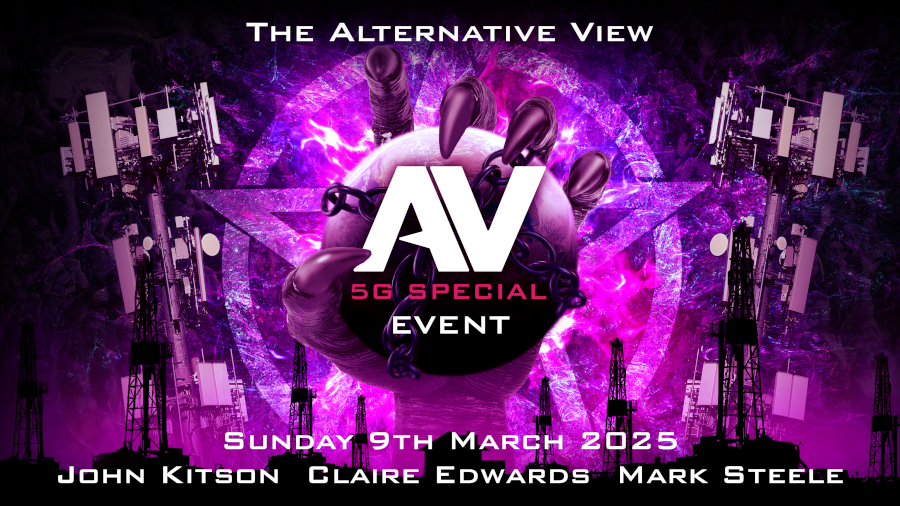Amazon
As Artificial Intelligence (AI) becomes more dynamic and ubiquitous, it is dramatically empowering people in all walks of life while also giving rise to urgent questions about the future of humanity—a historic challenge whose contours and consequences are revealed by three eminent thinkers in Genesis.
As it absorbs data, gains agency, and intermediates between humans and reality, AI will help us to address enormous crises, from climate change to geopolitical conflicts to income inequality. It might well solve some of the greatest mysteries of our universe, revolutionize fields as diverse as medicine and architecture, and elevate the human spirit to unimaginable heights. But it will also pose challenges on a scale and of an intensity that we have never seen—usurping our power of independent judgment and action, testing our relationship with the divine, and perhaps even spurring a new phase in human evolution. Whom will we choose to lead our species through this wilderness? Or have we, passively and unwittingly, already chosen?
Charting a course between blind faith and unjustified fear, Genesis outlines an effective strategy for navigating the age of AI. The last book of elder statesman Henry Kissinger, written with technologists Eric Schmidt and Craig Mundie, it prepares the decisionmakers of today—that is, all of us—for the choices of tomorrow, and equips us to seize the opportunities presented by AI without falling prey to the darker forces that this revolution has unleashed.
Paris Libraries
A few short years ago, artificial intelligence (AI) inhabited a small corner of the public debate. Today, following rapid advances in technology, AI is a front-page topic of global news outlets and an issue on the minds of leaders in science, business, and politics the world over. New Al and human responses to them could transform the nature of truth, the human relationship to reality, the exploration of knowledge, and the physical evolution of humanity, the conduct of diplomacy and war, and the international system. These are the crucial issues of the coming decades, and they ought to be the guiding concerns of leaders in every arena.
The new capabilities of AI today, impressive as they are now, will appear weak in hindsight and its powers are increasing at an accelerating rate. Powers we have not yet imagined are set to infuse our daily lives. Future Al will facilitate enormous advances in education, medicine, and basic sciences. Al could discover new medicines to cure pernicious disease and new materials to produce cleaner, more efficient energy. They could predict the occurrence of earthquakes and design evacuation strategies. They could revolutionize the availability of education in every language. These machines” capabilities come with technical and human risks. Today”s technologies function in ways that their inventors did not predict, and that pattern is likely to continue. Al seems to compress human timescales. Objects in the future are closer than they appear.
The advent of artificial intelligence is a question of human survival. Al”s future powers, running at inhuman speeds, will render traditional regulation useless. We will need a fundamentally new form of control. Once they have coalesced around a consensus, nations and international organizations must develop new political structures for AI monitoring, enforcement, and crisis response. That will require the resolution of not one but two “alignment problems”: the technical alignment of human values and intentions with the actions of Al, and the diplomatic alignment of humans with other humans. In the Age of AI, humanity will change. The only question is whether we will choose to continue to assert authority over how that change occurs.
Source: Technocracy News & Trends
Patrick Wood is a leading and critical expert on Sustainable Development, Green Economy, Agenda 21, 2030 Agenda and historic Technocracy. He is the author of Technocracy Rising: The Trojan Horse of Global Transformation (2015) and co-author of Trilaterals Over Washington, Volumes I and II (1978-1980) with the late Antony C. Sutton.
 By Patrick Wood
By Patrick Wood













